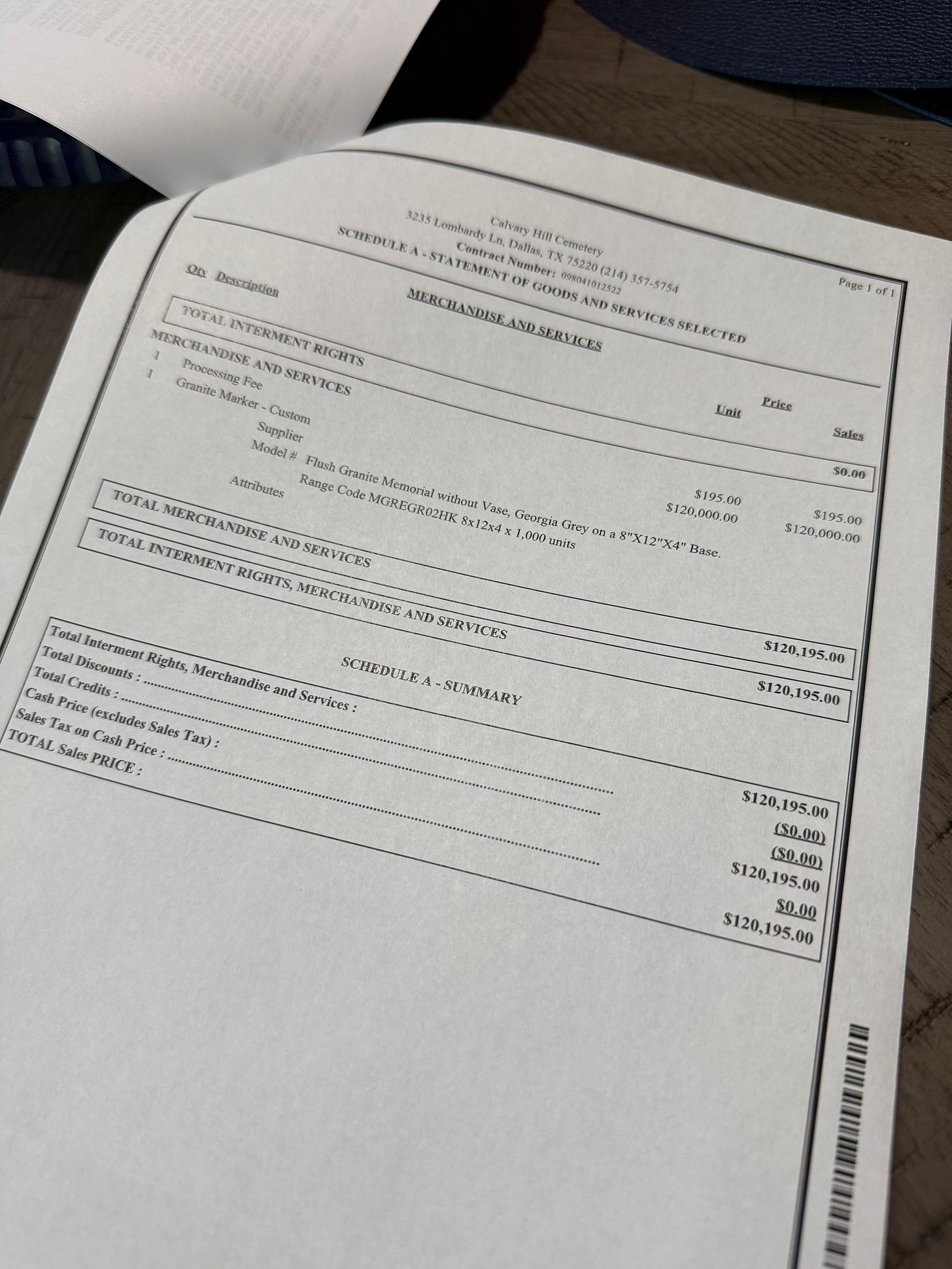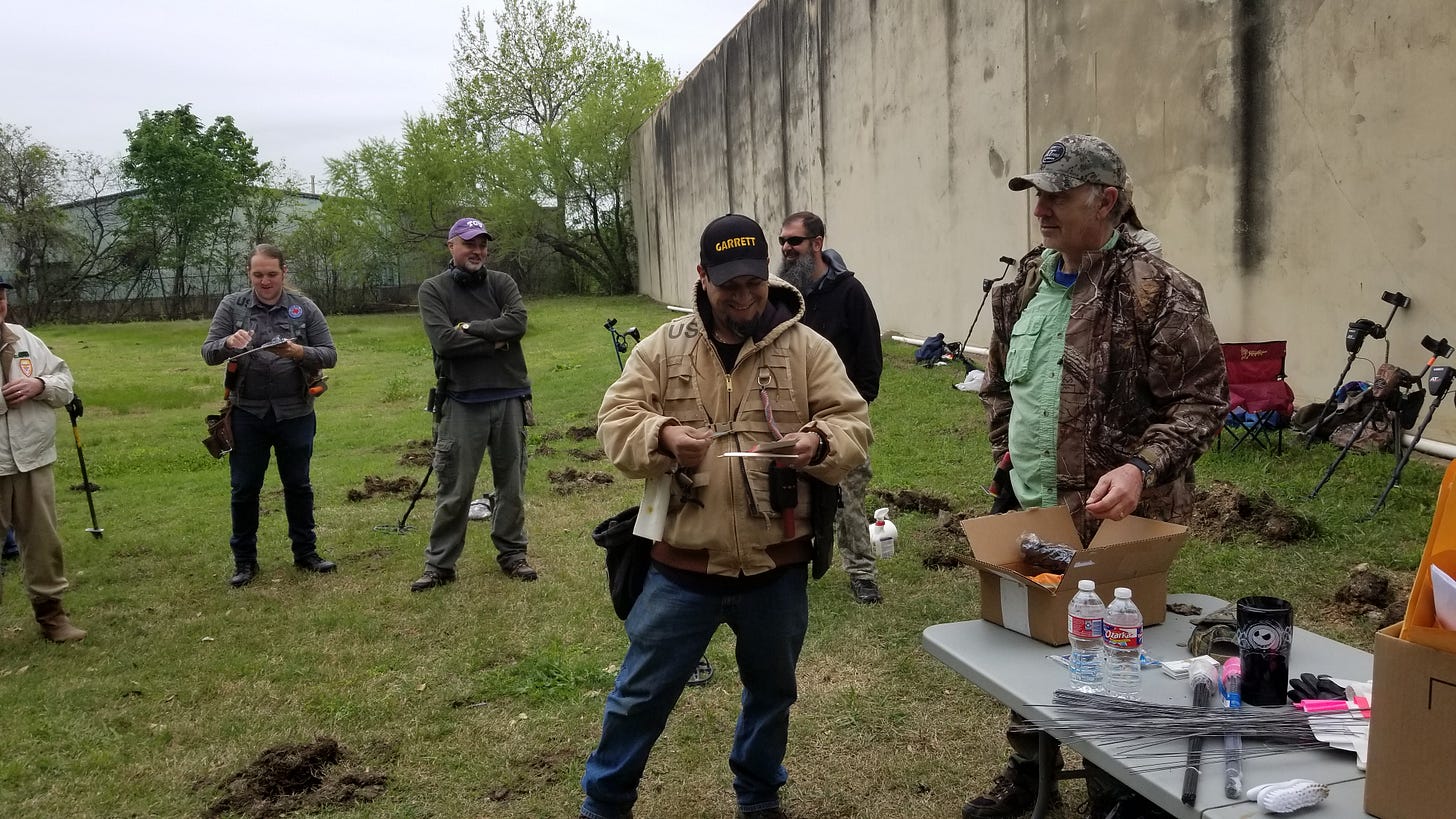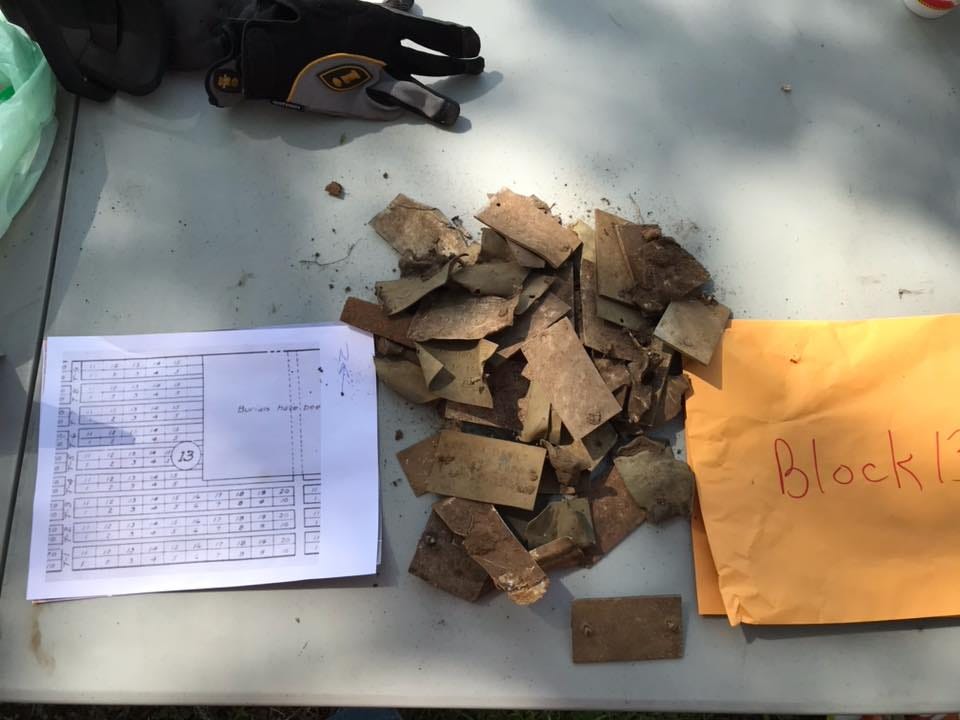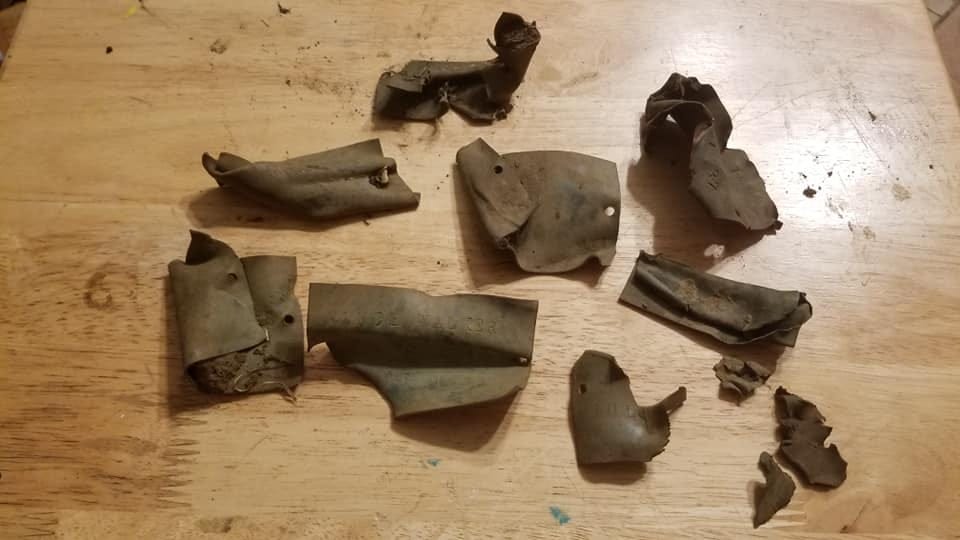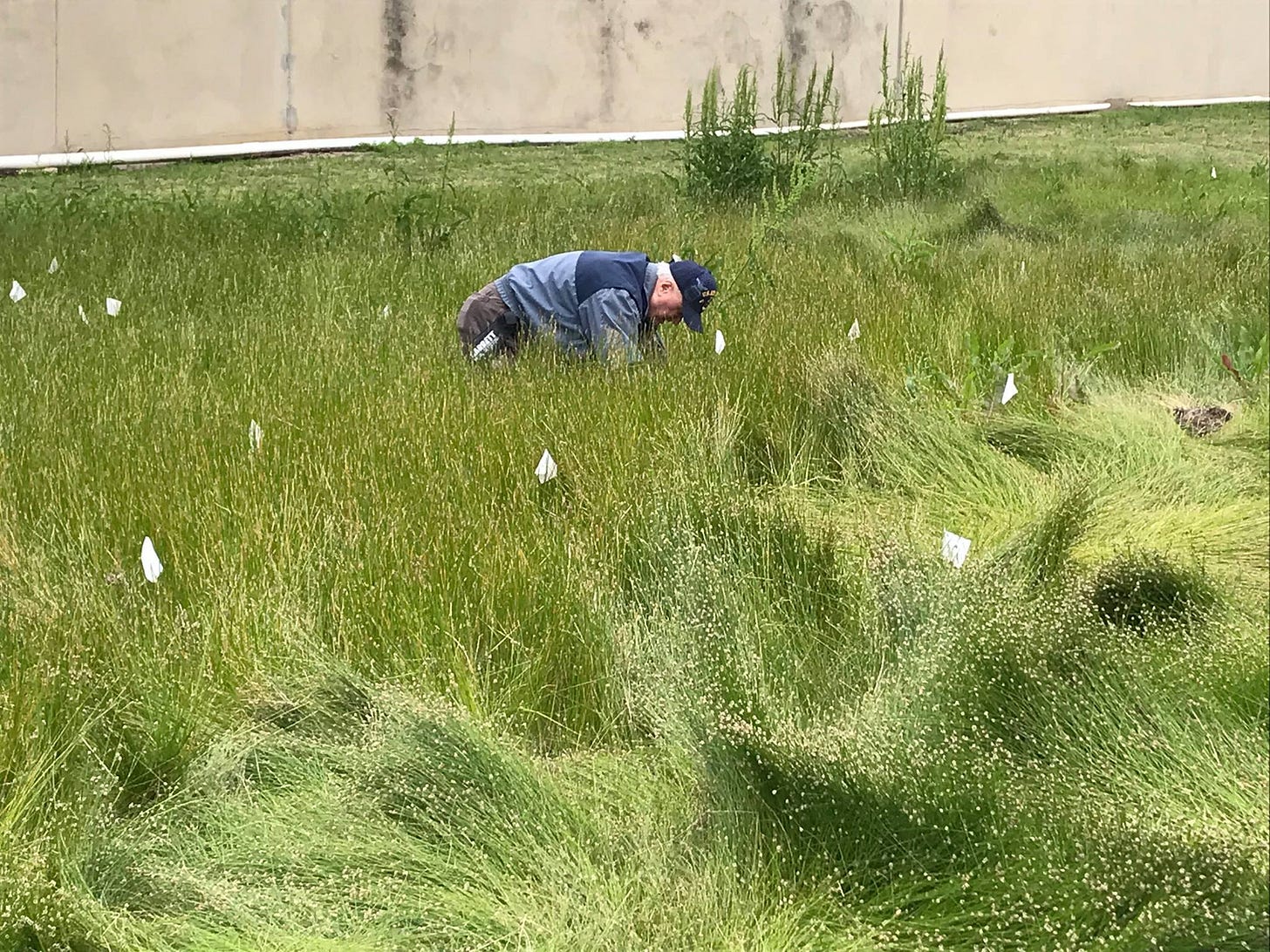A Watershed Moment for Dallas City Cemetery
The Road to Recovery Finally Finds a Path Forward
Today, something extraordinary happened. After nearly a decade of quiet persistence, heartbreak, and hope, the City of Dallas has given its blessing to a project that seeks to restore dignity to the most forgotten souls in our city’s history.
The Dallas City Cemetery, known to few and visited by even fewer, is not a place of grandeur. Hidden behind warehouses, obscured by development, and ravaged by time, it has long stood as a silent witness to suffering. It is the final resting place for over 2,000 people—many of whom died alone, unnamed, and unclaimed. Their stories are not found in textbooks or museum exhibits. They are etched into the soil, whispered through the rusted markers, and carried in the wind that sweeps through the overgrown grass.
Today, that silence was broken.
The Babb Family Association, a 501(c)(3) nonprofit, has received final approval from the City of Dallas and contracted the purchase of the first 1,000 new granite headstone markers—each one a testament to a life once lived. These 12x8x4” stones will be placed just beneath the original concrete and metal markers, for those that still exist, anchoring memory in permanence. I serve as the Project Manager for this rescue effort.
This moment was made possible by:
A $50,000 deposit from privately raised funds.
A $40,000 matching grant from the Dallas Parks Department.
An additional $50,000 from the 2017 Dallas Bond Funds, secured through the tireless efforts of Councilperson Omar Narvaez and his former Chief of Staff, now District 6 Councilperson, the Honorable Laura Cadena.
Their belief in this mission helped navigate the maze of bureaucracy and bring light to a place long shrouded in darkness. I also owe a profound debt of gratitude to Tim Dickey, Area 5 Coordinator for the Dallas Parks Department. His unwavering support and shared passion kept me going when the odds felt insurmountable.
I also need to thank Reggie Cusick who harnessed 3 different local metal detectorist organizations and brought 50+ detectorists to help us find the 2000 plus graves and most importantly to locate almost 500 dislodged nameplates that were floating around the cemetery, often just out of view. There are times that the paper trail failed us and if not for these important finds we could never have produced the most far reaching and accurate accounting ever conducted in this cemetery. In all I counted over 90 volunteers with hundreds of service hours between them. We can now accurately account for 99.9% of the burial locations for the 2060 known residents.
This cemetery is not just a patch of land. It is a mirror of our city’s soul. It holds the stories of those lost to tuberculosis, malnutrition, dementia, poverty, and the Great Depression. It holds the unnamed, the unclaimed, and the unsupported. It holds the people who built Dallas from the margins—quietly, invisibly, and without recognition.
Since the first burial of Will Dawkins on February 19, 1932, this ground was meant to be a place of peace. But erosion, faulty marker designs, and a lack of planning turned it into a place of confusion and decay. Today, less than 25% of graves are accessible to family members. The most frequent visitors are not mourners, but Parks Department crews fighting a losing battle against time and terrain.
But now, the tide is turning.
These new markers are more than stone. They are names reclaimed, lives honored, and histories remembered. They are a promise that no one is too forgotten to be mourned. That no life is too small to be marked. That dignity does not depend on wealth, fame, or family—but on our collective willingness to remember.
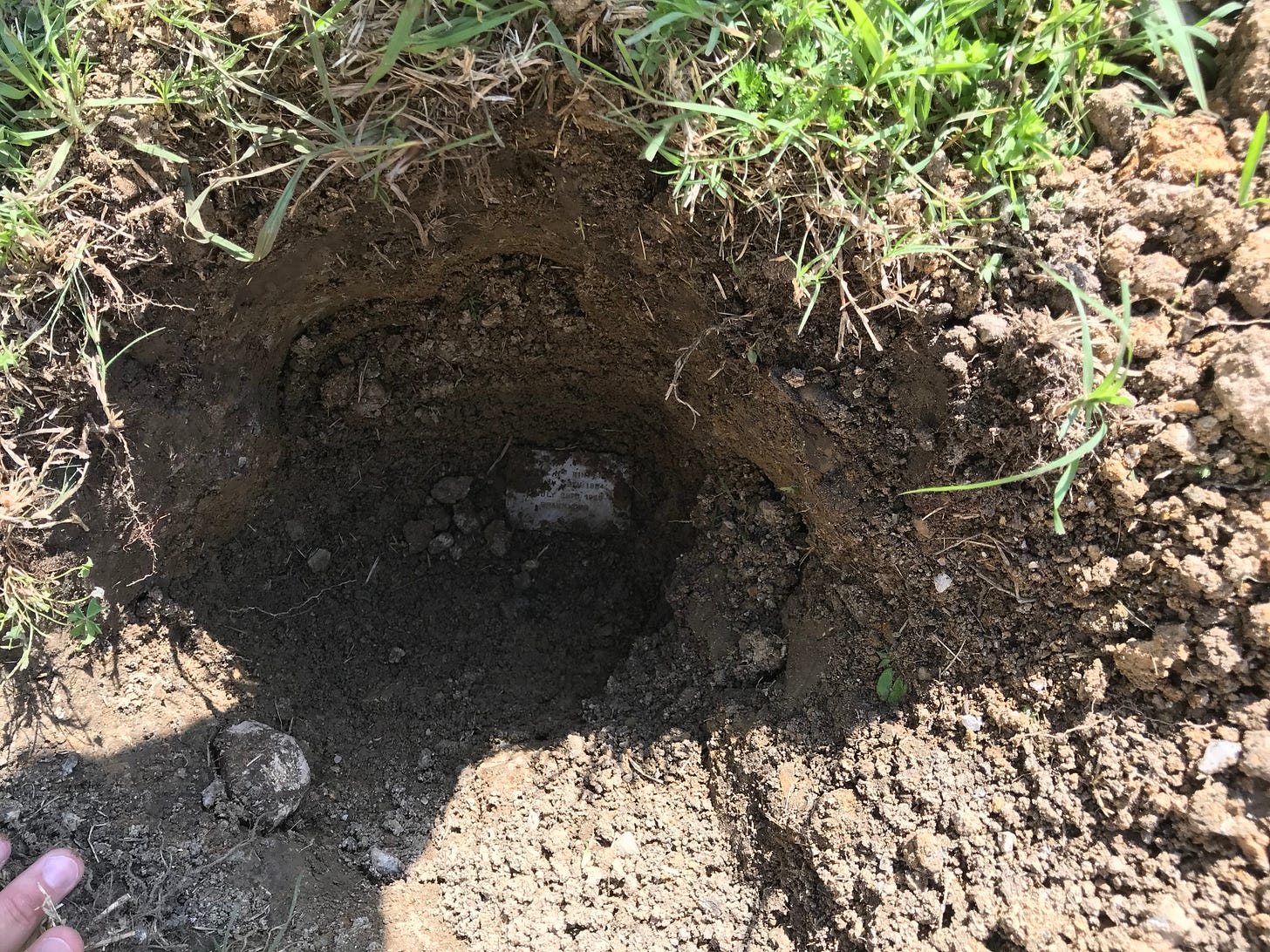
This is not the end of the journey. It is the beginning of healing. A beginning where the Dallas City Cemetery becomes a place worth visiting—not just to grieve, but to learn. To reflect. To honor.
Because Dallas was not built solely by its founders and visionaries. It was shaped by every soul laid to rest here. And today, we begin to say: We see you. We remember you. You mattered.




